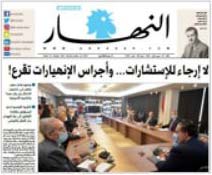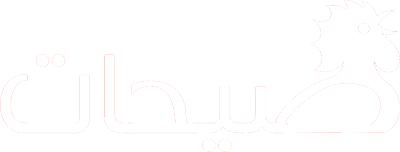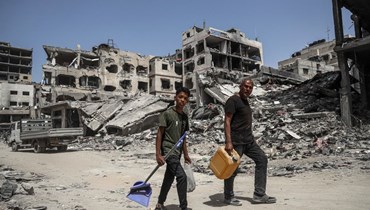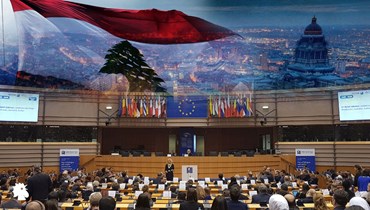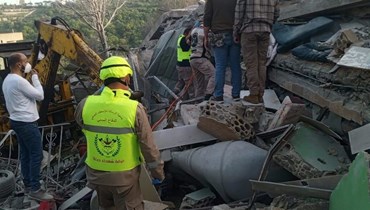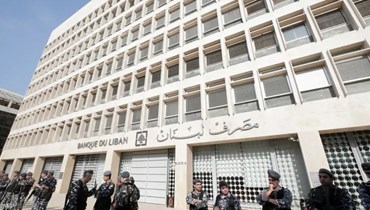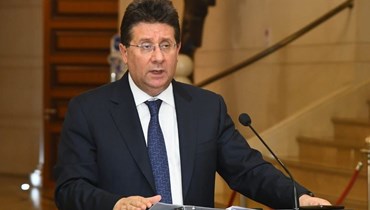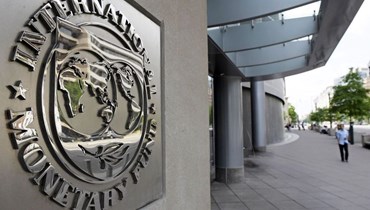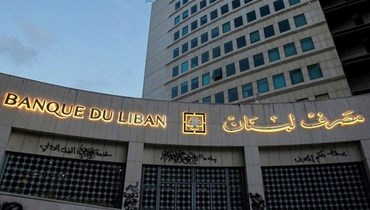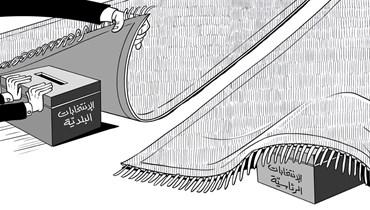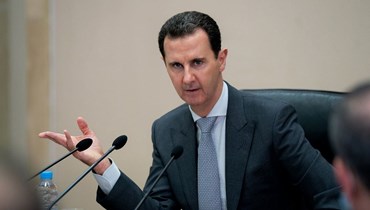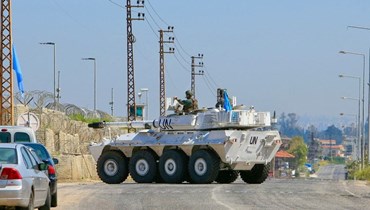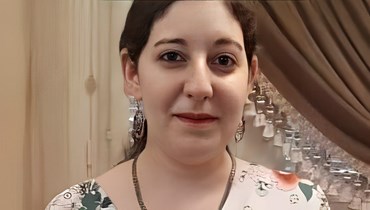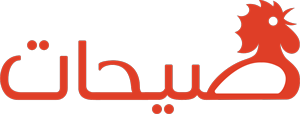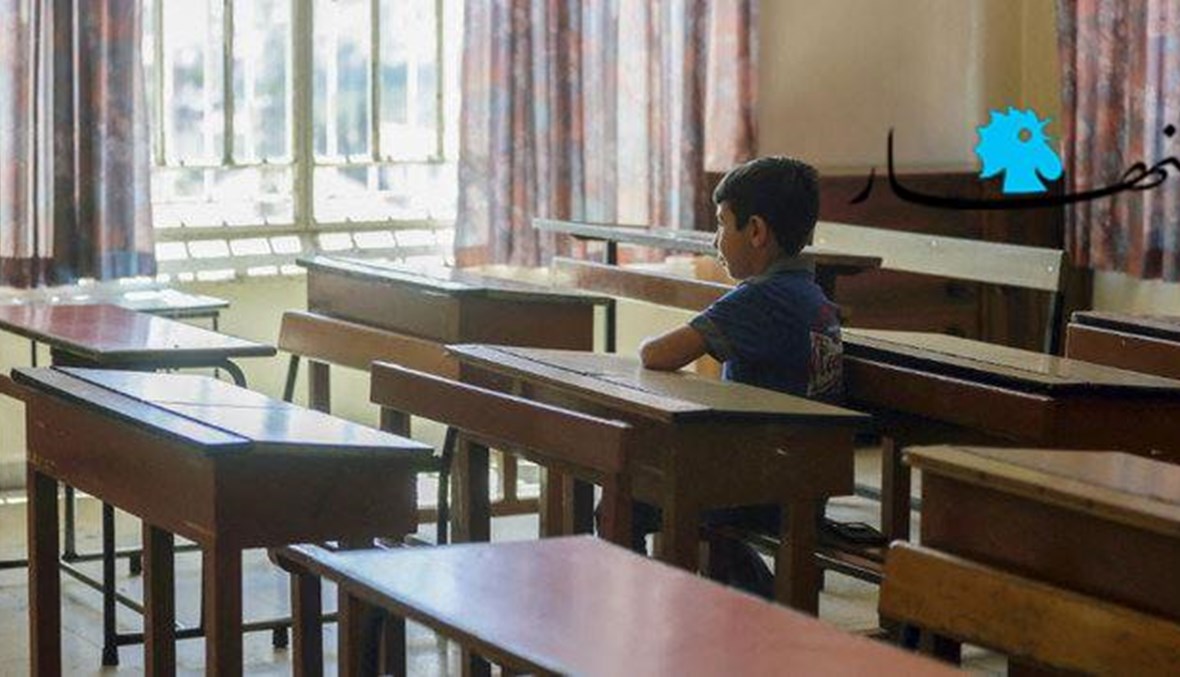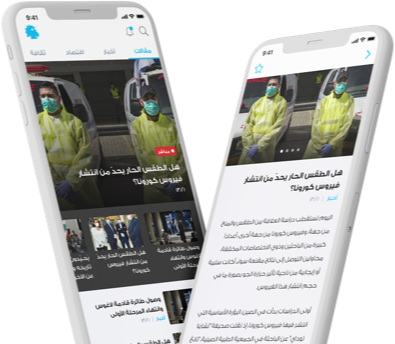"How to rebuild Lebanon?"
11-10-2021 | 01:58
المصدر: Annahar
Dalia Salaam Rishani*
I am a child of the Diaspora. Having first fled in 1975, and permanently since 1982, I grew up being taught that Lebanon’s strongest asset is its human capital. We in the Diaspora have always been acutely aware of the importance of preserving our human capital and building on it to ensure that Lebanon preserves its edge. Associations and organisations throughout the world were established for that purpose, not only to keep a link with Lebanon, but to build and use tools of education acquired abroad and help implement them in Lebanon.
Once I graduated from university, my aim was to help fellow Lebanese to get the best degrees, such as those that were afforded to me. In the United Kingdom, the British Lebanese Association (BLA) established one of the first scholarship programmes in the Diaspora for talented Lebanese students to seek higher education abroad in order to use their specialities to help our country. The brief was specific. We awarded scholarships to students in need of financing, and preferably schooled in the public sector. As it turned out, most of the scholarships were awarded to women. The subjects were restricted to fields needed for the rebuilding of our nation, specifically aiding the social fabric of our country, and social protection. Scholarships were awarded in the realms of education, health with emphasis on mental health, sustainability, environment and liberal arts. The students were required to return to Lebanon and use their expertise for the advancement of society.
The BLA, the Centre for Lebanese Studies (CLS), and other more newly established Diaspora organisations, such LIFE and Impact Lebanon, have awarded scholarships to thousands of talented Lebanese students. All those organisations have adapted to the changes Lebanon is undergoing, and the majority of scholarships are now granted in Lebanon, for students to seek degrees in Lebanon to stop some of the brain drain that the country is encountering due to the deterioration of the economic and political situation.
The Centre for Lebanese Studies (CLS) was first established in 1984. Its primary aim was to be a safe haven for Lebanese intellectuals who wrote research papers and books out of Oxford University; conferences on Lebanon were held, and fellowship grants disbursed. Prominent scholars such as Prof. Kamal Salibi, Dr. Ghassan Salame, Dr. Nawaf Salam, and Dr. Nasser Saidi wrote several papers and attended the many conferences. In 2012, the CLS redirected its efforts by moving its offices to Lebanon in order to be on the ground and influence policy. It chose education as its major focus, comprising both school education and teacher training. The CLS has been successful at getting selected and commissioned by international aid organisations in cooperation with the Ministry of Education.
These are some of the projects the CLS is currently working on. 1) “The Integrity in Education” project where CLS is examining the effectiveness of spending by the Ministry of Education from legal, financial and donor perspectives. 2) Curriculum reform: the Centre has conducted a conference in early 2020 to discuss curriculum reform in the Arab world. It was followed by national consultations in Lebanon to see how it would be possible to carry out the necessary reforms for the curriculum. Another conference will be held in March 2022. 3) “From Education to Employment” project funded by ESRC (Economic and Social Research Council) and IDRC (International Development Research Centre) researches the trajectories of nationals and refugees in Lebanon from education to employment. 4) Finally, the Centre is currently conducting research on the readiness of students, teachers, parents, and principals to go back to school given the current situation in Lebanon.
Throughout the decades, the Diaspora has evolved and stepped up its efforts to drive change and assist in the many fields that should be improved and developed in Lebanon, especially in the education sector. The importance of preserving and enhancing our human capital remains. If we are to achieve our aim, the education sector needs restructuring which in turn requires political will. Today the Diaspora is mobilised with their fellow Lebanese in our home country to press for political change through voting and democratic governance.
*Dalia Salaam Rishani is Vice Chair at the Centre for Lebanese Studies (CLS), an independent academic institution based in Lebanon. She sits on the board of the Knight Hennessy Scholarship Program (KHSP), Stanford University – the largest scholarship Endowment in the world, and is a trustee of St. Peter’s Foundation, Oxford University. Dalia strongly believes that changes in the education system require a structural change in the political sphere. As such, she joined the Steering Committee of Nahwal Watan, a national platform for political and socio-economic change in Lebanon. Dalia received her BSc from St. Peter’s College, Oxford University, and her MSc from the School of Foreign Service at Georgetown University.
I am a child of the Diaspora. Having first fled in 1975, and permanently since 1982, I grew up being taught that Lebanon’s strongest asset is its human capital. We in the Diaspora have always been acutely aware of the importance of preserving our human capital and building on it to ensure that Lebanon preserves its edge. Associations and organisations throughout the world were established for that purpose, not only to keep a link with Lebanon, but to build and use tools of education acquired abroad and help implement them in Lebanon.
Once I graduated from university, my aim was to help fellow Lebanese to get the best degrees, such as those that were afforded to me. In the United Kingdom, the British Lebanese Association (BLA) established one of the first scholarship programmes in the Diaspora for talented Lebanese students to seek higher education abroad in order to use their specialities to help our country. The brief was specific. We awarded scholarships to students in need of financing, and preferably schooled in the public sector. As it turned out, most of the scholarships were awarded to women. The subjects were restricted to fields needed for the rebuilding of our nation, specifically aiding the social fabric of our country, and social protection. Scholarships were awarded in the realms of education, health with emphasis on mental health, sustainability, environment and liberal arts. The students were required to return to Lebanon and use their expertise for the advancement of society.
The BLA, the Centre for Lebanese Studies (CLS), and other more newly established Diaspora organisations, such LIFE and Impact Lebanon, have awarded scholarships to thousands of talented Lebanese students. All those organisations have adapted to the changes Lebanon is undergoing, and the majority of scholarships are now granted in Lebanon, for students to seek degrees in Lebanon to stop some of the brain drain that the country is encountering due to the deterioration of the economic and political situation.
The Centre for Lebanese Studies (CLS) was first established in 1984. Its primary aim was to be a safe haven for Lebanese intellectuals who wrote research papers and books out of Oxford University; conferences on Lebanon were held, and fellowship grants disbursed. Prominent scholars such as Prof. Kamal Salibi, Dr. Ghassan Salame, Dr. Nawaf Salam, and Dr. Nasser Saidi wrote several papers and attended the many conferences. In 2012, the CLS redirected its efforts by moving its offices to Lebanon in order to be on the ground and influence policy. It chose education as its major focus, comprising both school education and teacher training. The CLS has been successful at getting selected and commissioned by international aid organisations in cooperation with the Ministry of Education.
These are some of the projects the CLS is currently working on. 1) “The Integrity in Education” project where CLS is examining the effectiveness of spending by the Ministry of Education from legal, financial and donor perspectives. 2) Curriculum reform: the Centre has conducted a conference in early 2020 to discuss curriculum reform in the Arab world. It was followed by national consultations in Lebanon to see how it would be possible to carry out the necessary reforms for the curriculum. Another conference will be held in March 2022. 3) “From Education to Employment” project funded by ESRC (Economic and Social Research Council) and IDRC (International Development Research Centre) researches the trajectories of nationals and refugees in Lebanon from education to employment. 4) Finally, the Centre is currently conducting research on the readiness of students, teachers, parents, and principals to go back to school given the current situation in Lebanon.
Throughout the decades, the Diaspora has evolved and stepped up its efforts to drive change and assist in the many fields that should be improved and developed in Lebanon, especially in the education sector. The importance of preserving and enhancing our human capital remains. If we are to achieve our aim, the education sector needs restructuring which in turn requires political will. Today the Diaspora is mobilised with their fellow Lebanese in our home country to press for political change through voting and democratic governance.
*Dalia Salaam Rishani is Vice Chair at the Centre for Lebanese Studies (CLS), an independent academic institution based in Lebanon. She sits on the board of the Knight Hennessy Scholarship Program (KHSP), Stanford University – the largest scholarship Endowment in the world, and is a trustee of St. Peter’s Foundation, Oxford University. Dalia strongly believes that changes in the education system require a structural change in the political sphere. As such, she joined the Steering Committee of Nahwal Watan, a national platform for political and socio-economic change in Lebanon. Dalia received her BSc from St. Peter’s College, Oxford University, and her MSc from the School of Foreign Service at Georgetown University.



 اشترِك في نشرتنا الإخبارية
اشترِك في نشرتنا الإخبارية


